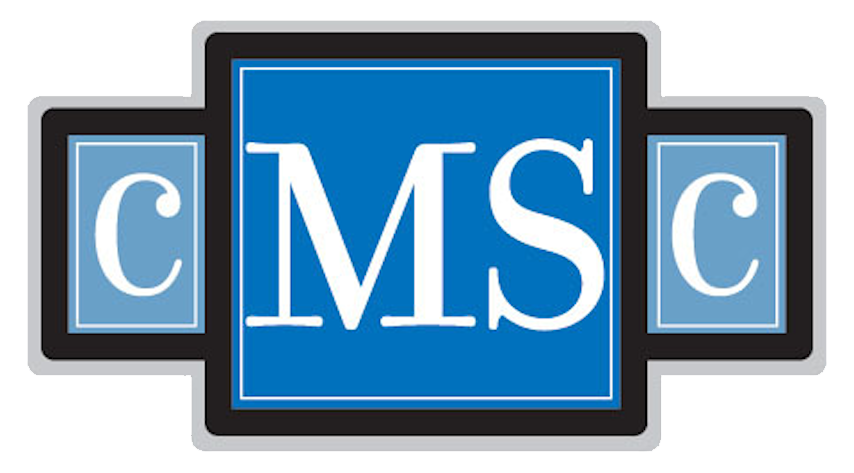Release Date: February 28, 2019
Expiration Date: February 29, 2020
Introduction
This guideline was developed by a group of multiple sclerosis (MS) specialists, convened by the Consortium of Multiple Sclerosis Centers (CMSC), to serve as an educational guide and concise summary of available data and professional recommendations on the selection of disease-modifying therapy (DMT) for MS. The group met in Chicago, IL, in 2018 at a conference independently sponsored by the CMSC to discuss and debate current concepts on DMT use.
MS is a condition whose management must be individualized initially and adjusted regularly, based on a combination of disease activity markers, patient variables, and clinical judgment. Many clinical practice guidelines place a strong emphasis on evidence-based data. However, when this information is incomplete or absent, expert opinion is often needed. In MS, we still lack head-to-head data on many drugs, as well as optimal biomarkers, to gauge therapeutic efficacy and disease progression.
Advocating for access to available therapies is a major goal of this guideline. We seek to broaden access to available DMTs, by advocating for the best choice for the patient. The panel does not recommend any explicit sequence or hierarchy of therapeutic categories, but rather a rational approach to sequencing that best fits the individual.
Support Acknowledgement
This supplement was supported by educational grants from Avanir Pharmaceuticals, Biogen, EMD Serono, and Sanofi Genzyme.
In order to successfully complete this continuing education activity, the participant must complete the educational activity and complete the online evaluation and post-test.
Date of Release/Expiration
This enduring material will be available from February 28, 2019 to February 29, 2020.
Target Audience
Neurologists, primary care physicians, physician assistants (PAs), nursing professionals, pharmacists, and other members of the care team who manage patients with MS.
Learning Objectives
- Identify frameworks for therapeutic decision-making for disease-modifying treatment of relapsing-remitting, primary progressive, highly active, and pediatric multiple sclerosis.
- Determine rationale for switching therapies for patients with MS to optimize disease management based on individual efficacy, safety, and tolerability needs.
- Discuss recent changes and ongoing challenges associated with MS treatment including decisions about starting, stopping, and escalating therapy.
Accreditation and Credit Designation
In support of improving patient care, this activity has been planned and implemented by the Consortium of Multiple Sclerosis Centers (CMSC) and Delaware Media Group. The CMSC is jointly accredited by the Accreditation Council for Continuing Medical Education (ACCME), the Accreditation Council for Pharmacy Education (ACPE), and the American Nurse Credentialing Center (ANCC) to provide continuing medical education for the healthcare team.
The CMSC designates this enduring material for a maximum of 7.0 AMA PRA Category 1 CreditsTM. Physicians should claim only the credit commensurate with the extent of their participation in the activity.
The CMSC designates this enduring material for a maximum of 7.0 Continuing Nursing Education Credits (7.0 of these credits are in the area of pharmacology).
The Consortium of Multiple Sclerosis Centers (CMSC) is accredited by the Accreditation Council for Pharmacy Education (ACPE) as a provider of continuing pharmacy education and will award 7.0 contact hours (7.0 CEUs) to pharmacists who (1) complete the activity, (2) submit a passing posttest, and (3) complete the evaluation form. The Universal Activity Number (UAN) for this activity is JA40081659999-19-002-H01-P. This is a knowledge-based activity. Upon successful completion of the activity, your CE credits will be submitted electronically to the NABP CPE Monitor service. For information about CPE Monitor, visit https:// nabp.pharmacy/cpe-monitor-service/ Paper certificates are not valid for pharmacy credit.
